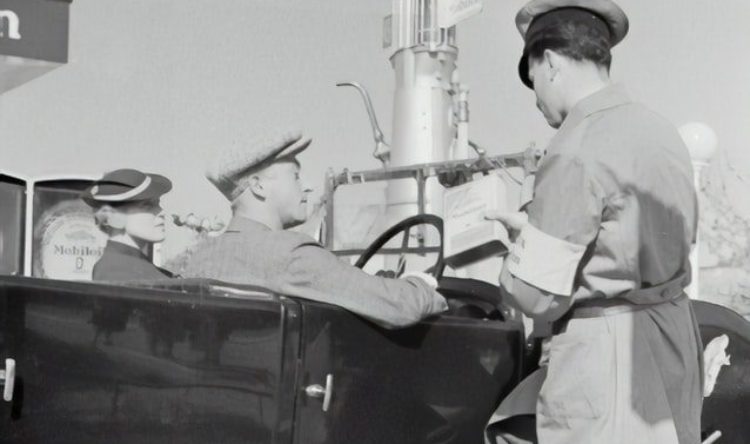Ten point plan to cut oil prices
International body suggests international response to the crisis
Tense times
IEA’s 10-point plan is based on reducing fuel consumption. This includes reducing speed limits on motorways by 6mph and even introducing car-free Sundays in big cities.
The Paris-based international energy forum says the proposals are “practical actions”. Representing 29 nations, says the international plans are easily implementable and could begin having immediate positive effects. As an added bonus, they are also a positive step in the right direction for wider environmental concerns over the use of fossil fuels. It would help ease urban pollution levels and the general environmental concerns, moving toward a “more sustainable pathway”.
Priming the pumps
The report comes ahead of peak oil demand season in July and August, when vehicle use in the US and elsewhere typically increases.
In Britain, it’s estimated that reducing the speed limit on motorways from 70mph to 64mph could save around 290,000 barrels of oil a day from cars and 140,000 from trucks.
Hybrid working could save 170,000 barrels for each day stayed at home. Car-free Sundays in major cities would spare around 380,000 barrels.
World Car Free Day does already exist but is limited to one day in September. London took part in 2019, when more than 16 miles of the capital’s routes were closed to traffic.
The price of war
The IEA’s executive director Fatih Birol says we are at real pinch point. This is a direct result of “Russia’s appalling aggression against Ukraine”.
“The world may well be facing its biggest oil supply shock in decades, with huge implications for our economies and societies.
“IEA member countries have already stepped in to support the global economy with an initial release of millions of barrels of emergency oil stocks, but we can also take action on demand to avoid the risk of a crippling oil crunch.
“Our 10-point plan shows this can be done through measures that have already been tested and proven in multiple countries.”
The IEA’s 10-point plan to cut oil use
- Cut speed limits by at least 10kph (6mph)
- Work from home up to three days a week where possible
- Car-free Sundays in cities
- Cut the cost of public transport and encourage alternatives such as walking, cycling and micro-mobility (eg electric scooters)
- Alternate private car access to roads in large cities, for example giving access to those with even plate numbers on some days and odd numbers on others
- Increase car sharing, check tyre pressures and turn down air conditioning
- Promote efficient driving for freight lorries and delivery vehicles
- Use high-speed and night trains instead of planes where possible
- Avoid business air travel where alternative options exist
- Reinforce the switch to electric and more efficient vehicles






